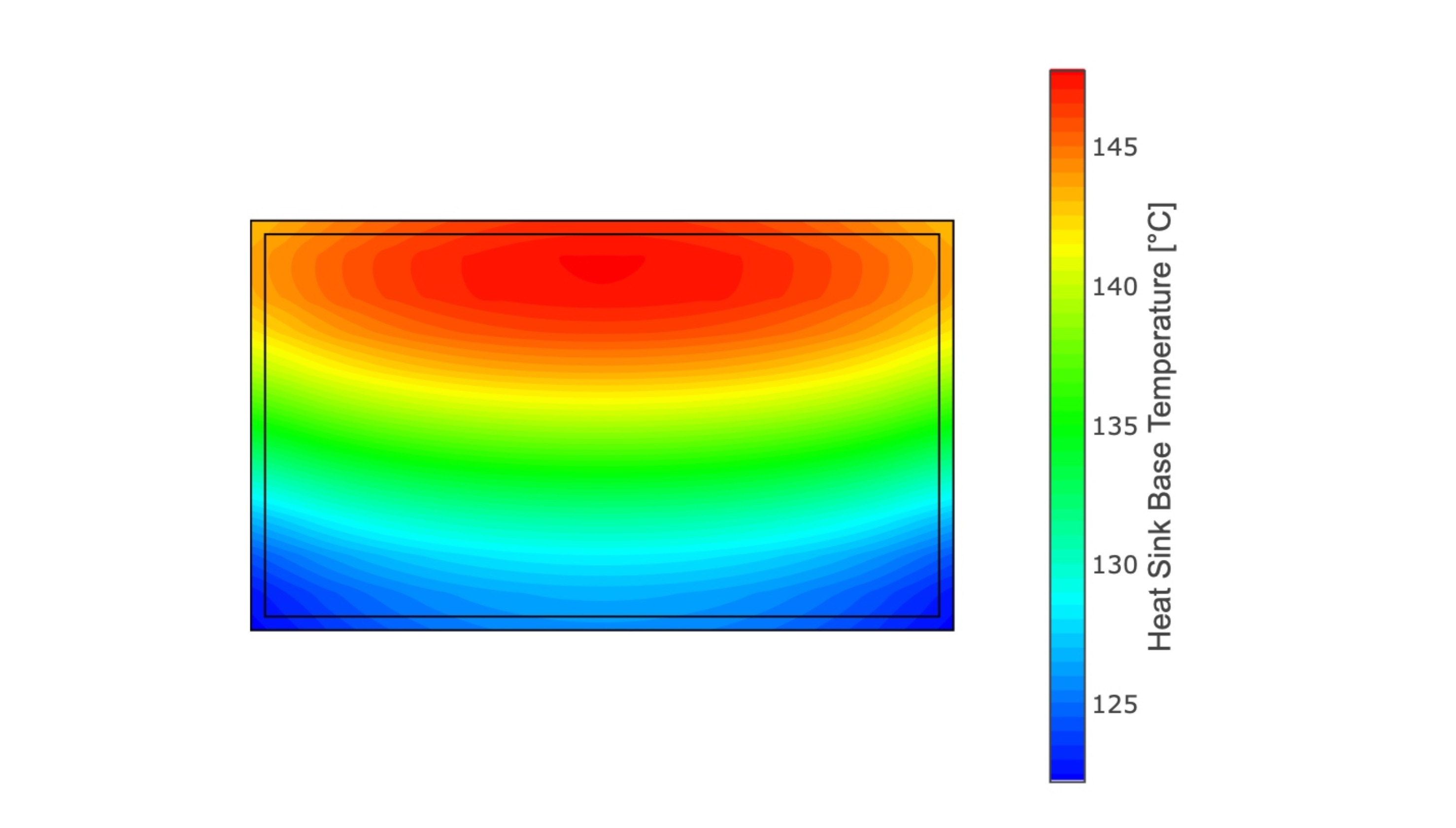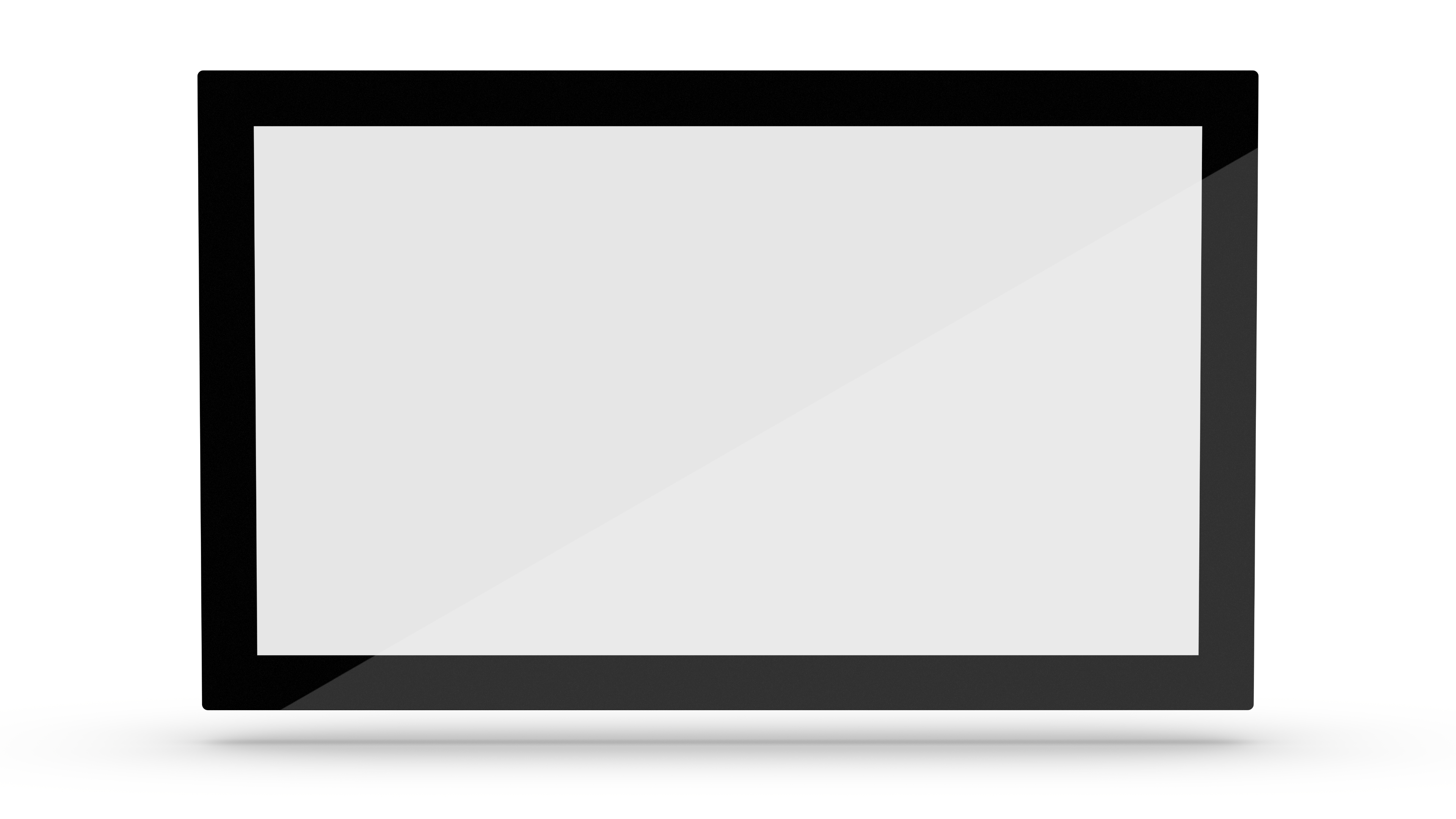Last week I had a long conversation with our patent attorney and briefly wrote down the most important questions about patent infringement.
Is it allowed to export a product that is not patented in Germany to a country where patent protection exists?
In Germany, there are basically no obstacles to the export of a product that is not the subject of a German patent or utility model or a European patent validated for Germany from the point of view of German patent law.
However, the import of such a product into a third country in which patent protection exists for this product regularly constitutes a patent infringement under that law. The only exception to this rule is if the product in question has been placed on the market by the patent proprietor or with his consent for delivery to the third country, i.e. patent law has been exhausted. Of course, this cannot apply to plagiarism or replicas from unauthorized manufacturers.
What does it look like if the product protected in the third country is part of a product manufactured in Germany that is exported to the third country?
Of course, there is also a patent infringement in this case, since the patent-protected product that has not been authorised by the patent holder for this purpose does not lose its patent protection by being incorporated into another product. I would like to illustrate this with an example:
Dealer A, who is based in Germany, obtains a product that is patent-protected for patent holder P in the USA from a foreign manufacturer not authorized by patent holder P and imports this product into Germany. A sells it in Germany to the manufacturer F, who incorporates this product into a product manufactured by him. F exports the product to the USA and delivers it there to a customer K.
Not only is the delivery of the product to the U.S. patent an infringement, but even the offer of manufacturer F to U.S.-based customer K can be a patent infringement.
Who can the patent proprietor take action against?
The patent holder can sue the manufacturer F as the importer (from the US point of view) and his customer K in the USA for patent infringement.
It should be noted that if K or F had knowledge of patent protection (so-called "wilful infringement"), the damages to be paid to patent holder P are tripled by the US courts ("triple damages"). Together with the costs of a U.S. patent infringement lawsuit, which in most cases are not less than a million dollars in the U.S., this can quickly drive a company into bankruptcy.

